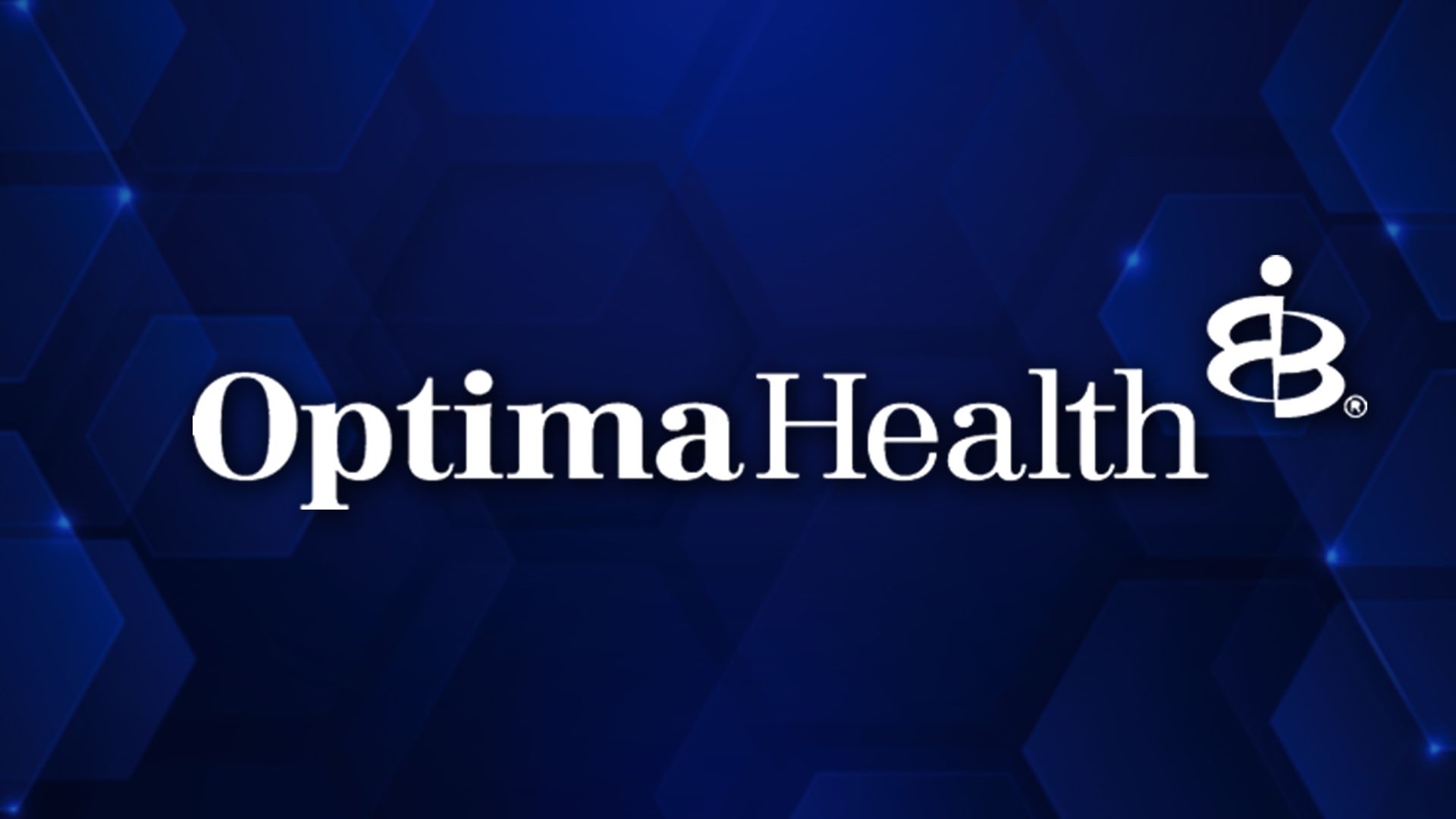
Optima Health and FinFit Launch New Program to Financially Stabilize and Fairly Bank Vulnerable Communities
VIRGINIA BEACH, Va., March 28, 2022 /PRNewswire/ — Optima Health, provider of health insurance coverage to more than 560,000 individuals in Virginia, and FinFit, a FinTech company that provides financial wellness services to alleviate stress among millions of Americans, have partnered to ensure all Medicaid participants have access to essential resources. The partnership aims to stabilize their financial well-being and address food, transportation, housing, and other insecurities through a new approach to Social Determinants of Health (SDOH) analytics..
Research has shown that SDOH—the conditions in which people live, work, and learn—has a significant and lasting impact on health outcomes that cannot be addressed by access to healthcare alone. Through the Optima Health Social Determinants of Health program, we’re partnering with community organizations to foster an equitable health environment and address disparities in underserved populations.
Traci Massie, Director of Government Programs for Optima Health, explains, “Optima Health works to address the needs of our members around Social Determinants of Health (SDOH). Financial literacy is one of the SDOH that impact our membership. The stress that money, or lack thereof, can bring to a person or family affects their physical and mental health.”
Massie continues, “To address this need, Optima Health is partnering with FinFit, a financial wellness solution with tools to help our Medicaid members manage and understand their finances, including one-on-one financial counseling.”
Healthcare systems have historically relied on population-level health data sets that demonstrate trends on a quarterly or annualized basis. This extended timeframe makes it challenging to use data to validate actionable solutions that create meaningful, prescriptive interventions for vulnerable communities when they most need assistance. With access to proprietary, transaction-level data provided by FinFit, the team at Optima Health will have daily, weekly, and monthly snapshots of SDOH analytics from which they can hone outreach programs and address the immediate needs of their Medicaid members.
“This partnership is evidence of our joint commitment to create healthier communities and improve the quality of life for unbanked, underbanked, and unfairly-banked individuals,” said Charles Lattimer, Vice President of Innovation and Research at FinFit.
About Optima Health: Optima Health offers a suite of commercial products including consumer‐directed, employee‐owned, and employer‐sponsored plans, individual health plans, employee assistance programs, and plans serving Medicare and Medicaid enrollees. Its provider network features approximately 35,000 providers including specialists, primary care physicians, and hospitals across Virginia. Optima Health also offers programs to support members with chronic illnesses, customized wellness programs, and integrated clinical and behavioral health services, as well as pharmacy management—all to help members improve their health every day. The company’s goals are to provide better health, be easy to use and offer services that are a great value.
About FinFit: FinFit was established in 2008 and currently services over 360,000 organizations across the United States. The company’s SaaS-based model provides holistic financial wellness services that include a personalized financial assessment, premier educational resources, online money management tools, financial coaching, financial solutions, early wage access, spending and savings accounts, student loan services, and a member rewards program. Focus on creating positive, healthy financial behaviors and products to support behavioral change has proven to alleviate financial stress and increase employee retention by more than 25%.
View source version on prnewswire.com: prnewswire.com/news-releases/optima-health-and-finfit-launch-new-program-to-financially-stabilize-and-fairly-bank-vulnerable-communities-301511623.html